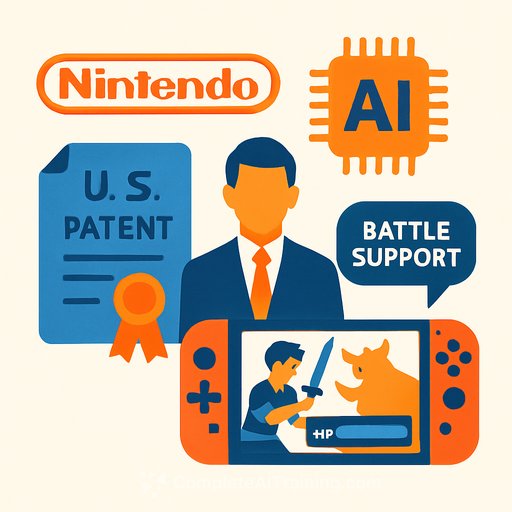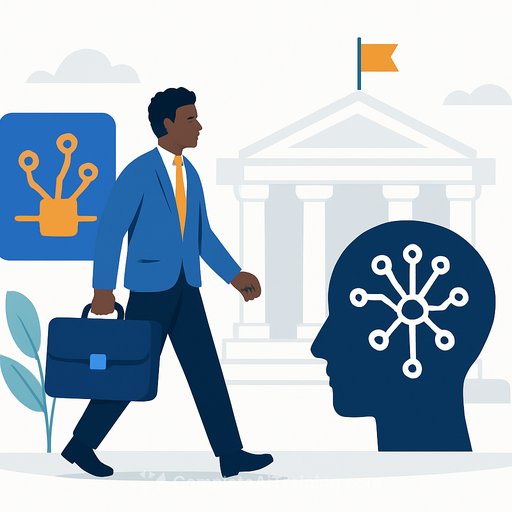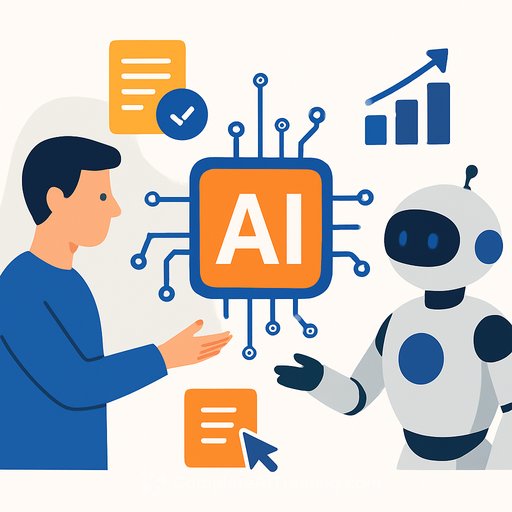Nintendo denies lobbying Japanese government over generative AI protections
Nintendo has denied claims that it lobbied the Japanese government to protect its intellectual property from generative AI. The claims surfaced after Japanese politician Satoshi Asano posted on X that Nintendo of America had budgeted for lobbying related to AI copyright risks. The post was deleted, and Asano issued multiple apologies and a live YouTube clarification acknowledging his mistake.
Nintendo responded publicly on X: "Contrary to recent discussions on the internet, Nintendo has not had any contact with the Japanese government about generative AI. Whether generative AI is involved or not, we will continue to take necessary actions against infringement of our intellectual property rights." It is not yet clear whether the company will pursue further action over the incident.
Why this matters for public officials
False or premature claims about corporate lobbying can skew agendas and erode trust. Agencies should validate assertions before they drive policy discussions, hearings, or guidance. The episode also highlights a growing tension: firms defending IP while governments weigh innovation, competition, and rights protections around AI.
- Require source verification before referencing corporate lobbying or enforcement in public materials.
- Maintain an intake process for IP-related complaints involving AI output and training data.
- Set vendor disclosure expectations on data provenance, model usage, and copyright risk mitigation.
- Coordinate internal comms to correct public misstatements quickly and transparently.
Context: concerns around generative video and copyright
The discussion was sparked by conversation around OpenAI's Sora 2 and worries about AI systems producing content that may infringe existing rights. Agencies evaluating guidance or procurement should distinguish between training data questions, output liability, and fair use exceptions, which vary by jurisdiction. Tracking major model capabilities helps anticipate where infringement risk and public confusion may increase.
For background on IP and AI at the international level, see the World Intellectual Property Organization's materials on AI and IP policy here. For a view of advanced generative video capabilities, OpenAI's Sora page is here.
Patent note: new Nintendo U.S. patent
Nintendo secured U.S. Patent No. 12,403,397 on September 2, 2025. The patent covers a gameplay mechanic where a character can summon a supporting sub-character during battle. Although similar ideas have appeared in past titles, the filing from March 2023 was approved without opposition.
For government programs funding interactive media, esports, or training simulations, this underscores the need for IP due diligence. Design choices that seem common can still fall under enforceable claims, affecting grants, procurement, and publicly funded projects.
Practical steps for agencies
- Issue a brief to staff outlining the Nintendo incident and the verification standard for public statements.
- Update your AI risk register to include IP exposure from both training data and generated outputs.
- Add contract clauses requiring vendor attestations on data sources, model use, and indemnification.
- Establish a rapid correction protocol for public misstatements tied to AI or IP.
- Monitor major model launches and capability updates with a standing review process.
- If your team needs structured upskilling on AI policy and tools, see curated learning paths by job role here.
Open questions for policy watchers
- Will Nintendo seek remedies or requests for retraction beyond public statements?
- How will agencies balance IP protection with AI development where training data and outputs raise overlapping issues?
- What common disclosure framework should vendors follow to reduce confusion about AI capabilities and rights exposure?
Your membership also unlocks:






